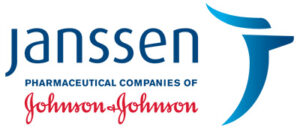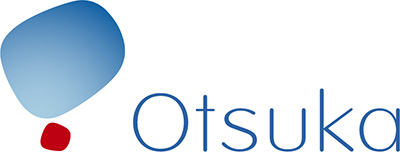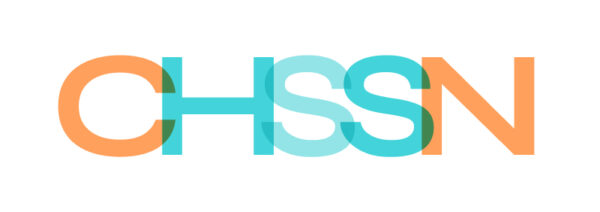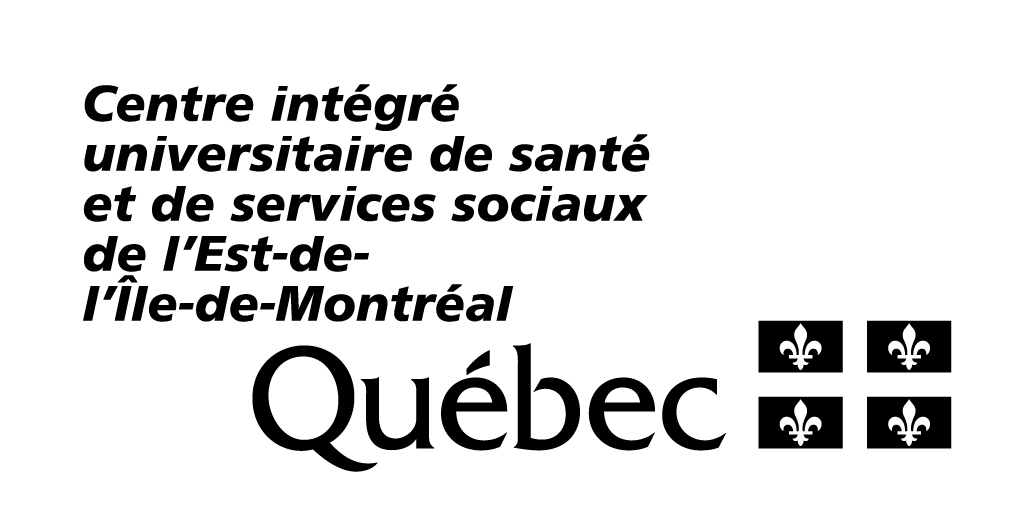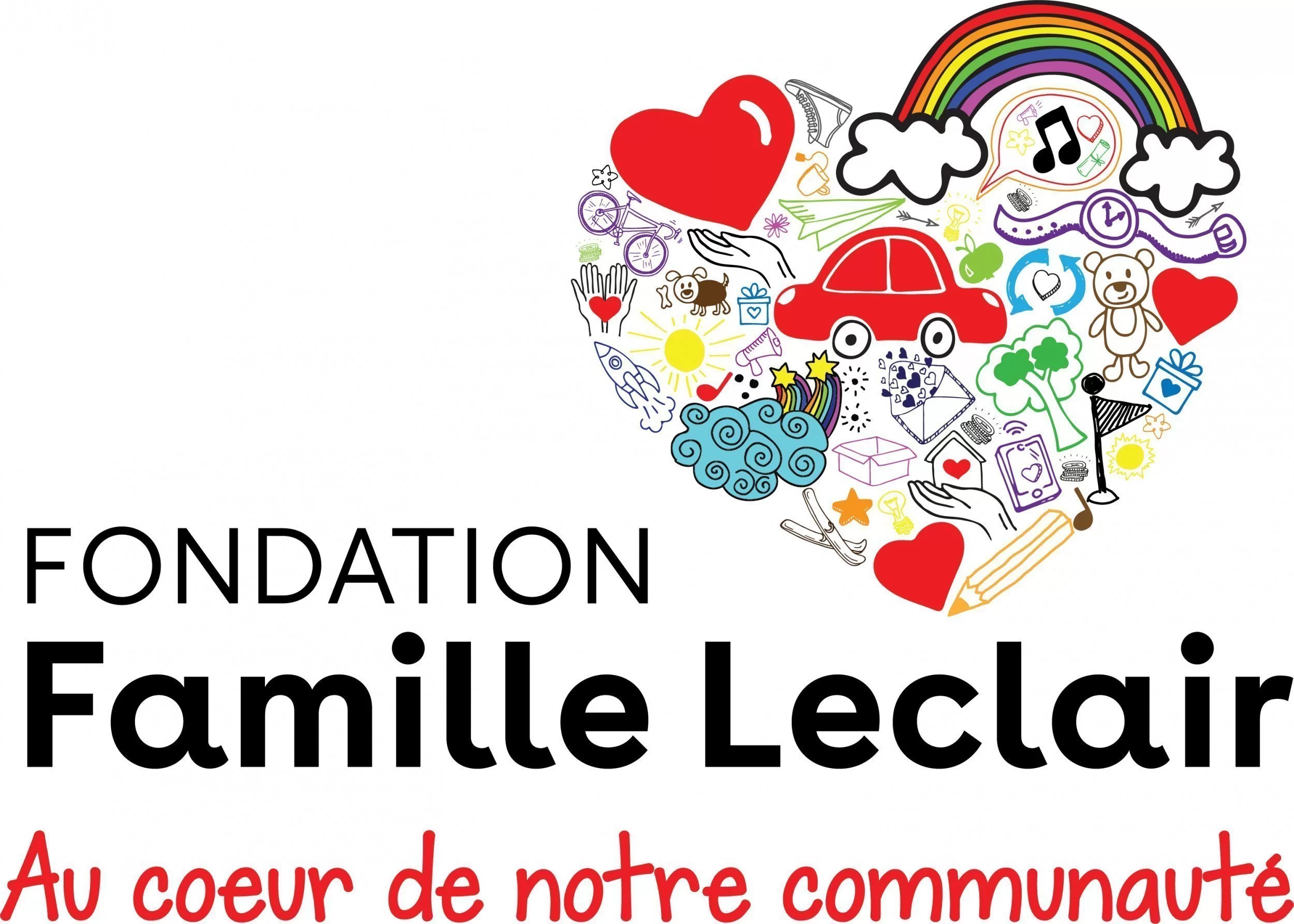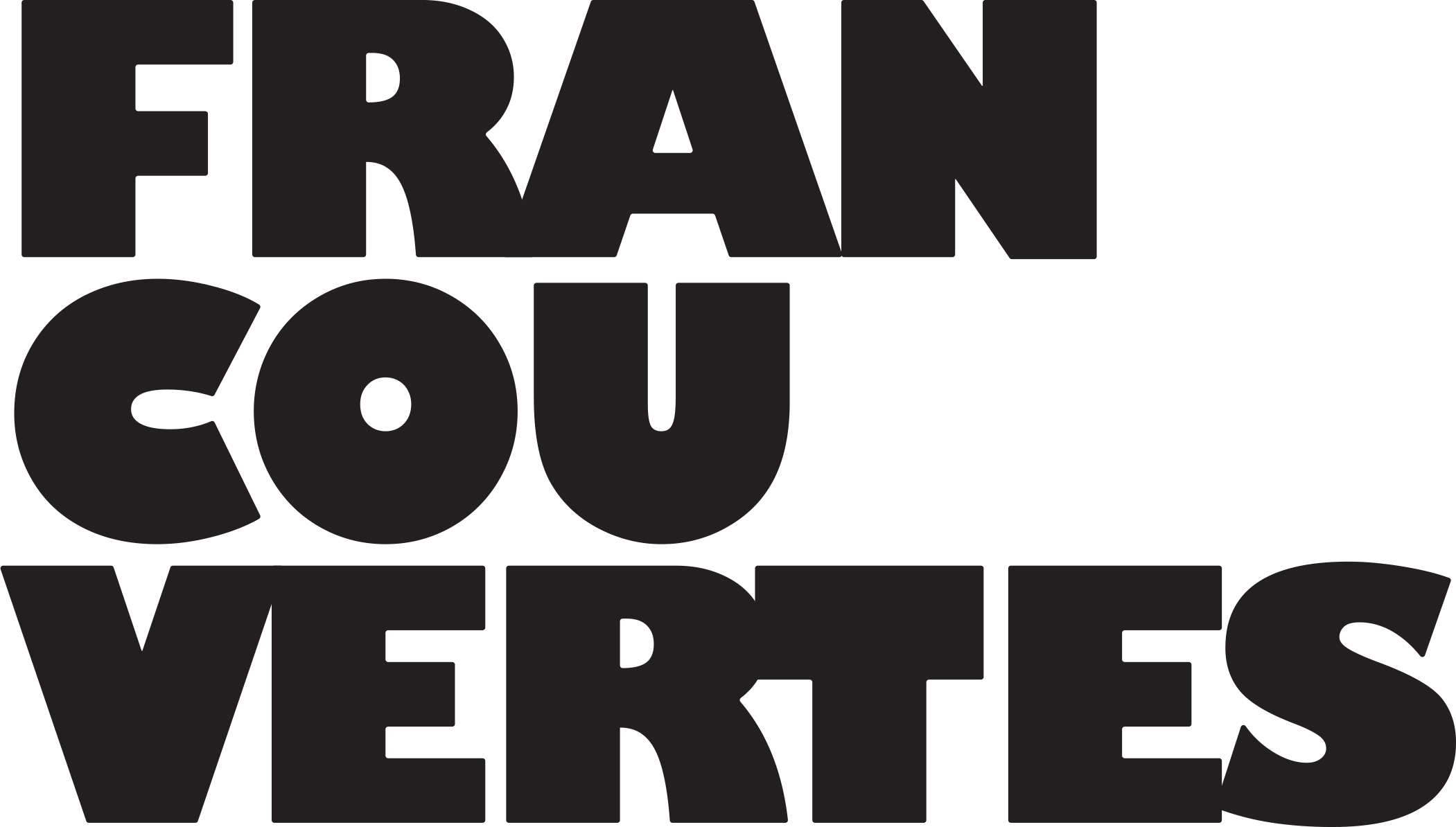Stigma : a barrier to seeking help
The stigma associated with mental illness has been experienced for over a century. It is a documented phenomenon that is embedded in our social fabric and is resistant to change.
Because the problem is widely experienced, international and national organizations, including the World Health Organization (WHO) and the Mental Health Commission of Canada (MHCC), have made combating stigma their goal.
It is an important challenge, because stigma casts discredit upon the person affected by it, resulting in isolation and a significant decrease in self-esteem.
In 2014, with the help of 14 partners from public and community mental health networks, Quebec adopted its first reference guide aimed at combating the stigma and discrimination associated with mental health issues. The objective of the Provincial Group on Stigmatization and Discrimination in Mental Health (GPS-SM [French abbreviation]) was to increase understanding of the stigma experienced by people with mental health issues and their relatives, while offering tools for people or organizations who want to play a part in making our society more inclusive.
Stigma
“Stigma can be defined as a mark of shame, disgrace or disapproval that causes an individual to be avoided and rejected by others. Stigma accompanies all forms of mental illness, but it tends to be more pronounced the more the individual’s behaviour differs from that which is common.” – Reference Guide, p. 6
As for family members, the literature mentions that they experience stigma “by association,” meaning they experience the inconvenience of their loved one’s struggles. Family members may experience various effects related to stigma, including feelings of incompetence and shame, stress and isolation that may cause them to live in secrecy and delay seeking care for their loved one, a situation that can be detrimental to their own mental health.
Self-stigma
One consequence of stigma is self-stigma. It occurs when an individual with a mental illness experiences and endures the stigma that the general population has toward mental health issues.
This phenomenon shows up in family members when they believe negative discourse that leads to the self-deprecation, fear of judgement and guilt associated with self-stigma.
Families experience significant stress when they are involved in providing assistance to their loved one. These reactions are normal when experiencing particularly difficult situations.
The challenge of the 21st century
The challenge of the current century is undoubtedly elimination of the stigma and discrimination associated with mental illness as well as implementing changes in practice to enable, among other things, recognition of the distress and needs of family members in their role as Clients of mental health services, Assistants in their loved one’s recovery and Partners in the organization of mental health services in Quebec (The CAP Model).
Research on the family experience, advancements in knowledge and political demands have established a new foundation for the recognition and definition of the roles family members play in a loved one’s mental illness.
Fighting stigma with words
The fight against stigma can take many forms, but involvement of those living with a mental health issue as well as members of their family is essential. Experts emphasize the importance of their involvement in various initiatives (i.e., symposiums, living libraries and outreach activities).
In order to combat the self-stigma felt by family members, they themselves must be involved in taking action. Winning strategies include those that allow them to share their experiences.
Through testimonies, messages of hope and resilience, family members proudly carry the torch of social change for themselves and their loved ones.
Albert Einstein said, “What a sad era when it is easier to smash an atom than a prejudice.” Therefore, we must tackle stigma head on and collectively raise awareness about it, in hopes that the 21st century will go down in history!
Things to remember
Family members :
- help maintain the therapeutic alliance between the person using the service and the treatment team
- are a valuable source of information on the person’s condition and their illness, lifestyle habits, attitudes and behaviours
- can recognize warning signs of a relapse
- can be a source of hope by believing in their loved one’s recovery (www.institutsmq.qc.ca/famille)
References
Combating Stigma and Discrimination in the Health and Social Services Network (MSSS)








